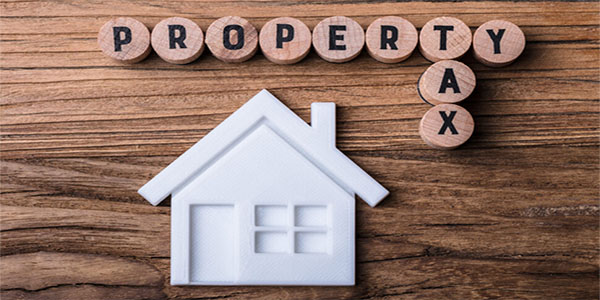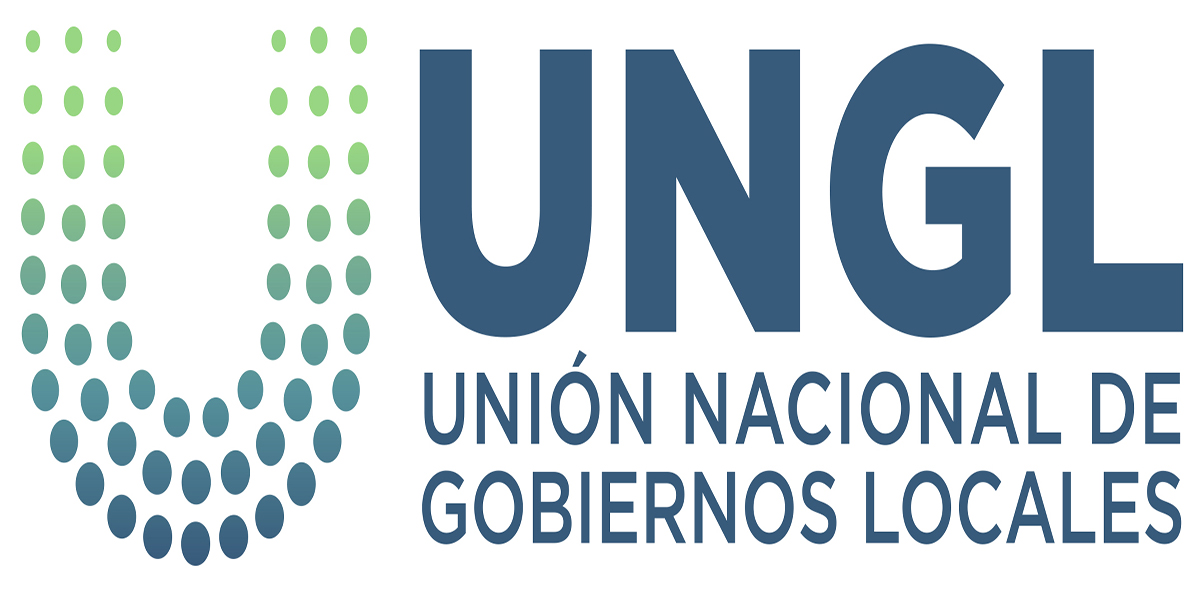
Property Taxes Costa Rica: What You Need to Know
The Ultimate Guide to Property Taxes in Costa Rica
In Costa Rica, property taxes are called Impuesto Sobre Bienes Raices, or Real Estate Taxes. The national government administers the tax system and applies to all property owners, regardless of citizenship. The taxes are calculated based on the property’s value and are due quarterly, or you can pay annually for usually a small discount (around 4%) and get it out of the way.
It’s important to note that the local municipal government determines the property’s value for tax purposes and may not necessarily match the market value. If you disagree with the assessed value, you can request a reevaluation from the government, but this process can take several months to complete.
This guide will help you better understand property taxes in Costa Rica and what you can expect when it comes to paying them.

Transfer Tax (Impuesto de Transferencia)
The tax rate will be one and a half percent (1.5%) of the property’s sale price or assessed value, ultimately going with the higher value.
For example, if the sale price of your property is $500,000 USD and the tax rate is 1.5%, your Transfer Tax would be $7,500 ($500,000 x 0.015 = $7,500). Remember that this is just a ballpark figure and that your real taxes may be more or lower depending on your home’s market value and the tax rate in your municipality.

Property tax (Impuesto Sobre Bienes Raíces)
According to Law 7509 Real Estate Tax Law, “ARTICLE 23.- Percentage of the tax. Throughout the country, the tax percentage will be one-quarter percent (0.25%) and be applied to the value of the property registered by the Tax Administration.” This is the case throughout the entirety of Costa Rica.
For example, if the declared value of your property is $100,000 USD with the tax rate at 0.25%, your annual Property Tax would be $250 ($100,000 x 0.0025 = $250). This is only a rough estimate, and the final amount you owe in taxes could be more or less depending on the market value of your home and the local tax rate.

Luxury tax
In accordance with article 4 of Law 8683 Solidarity Tax Law, any residence with a construction value of 148,000,000 colones (approximately $259,000 USD) is subject to the luxury home tax as of 2023. The tax rate varies depending on the property’s location and its registered value, with rates ranging from 0.25% to 0.55% of the property’s value. This tax applies to all properties, whether they are residential, commercial, or industrial.
There can be a few exceptions to the Municipal Luxury Tax. Some properties used for agricultural purposes, such as farms and ranches, could have tax exemptions. Additionally, some properties used for religious or charitable purposes could also be subject to exemptions.

Corporation tax
Corporate taxes are fairly open-ended since there are several. Companies are usually required to make their annual tax payments in the month of January. The administrative fee for the Ministerio de Hacienda (also known as the tax authorities) is approximately 80,000 colones, equivalent to approximately $140 USD.
If you do not pay your corporate taxes, you may run the risk of having your company dissolved, which could slow down the process of selling your property. Since correcting this could result in legal fees costing thousands of US dollars, we strongly recommend always staying on top of your taxes.
The Shareholder’s Declaration, or the RTBF yearly declaration, ensures that organizations have the most recent information regarding their beneficial owners and shareholders. The deadline is usually on April 30th of every year.
The assets, liabilities, and equity of inactive corporations that don’t engage in the commercial activity must be disclosed in Costa Rica. To finish this process, you will need a certified public accountant. This obligation can be satisfied by representing a Costa Rican attorney, and it applies to all corporations operating in Costa Rica. The 15th of March serves as the annual filing deadline for this declaration.

Due Dates
Deadlines to pay your taxes quarterly are March 31, June 30, Sept 30, and Dec 31.
Note: It’s possible that some smaller communities won’t take credit cards, while others might have an online payment system. Since this varies, it is in your interest to learn about future online payments that may be done using a less cumbersome tactic, such as a BCR account.

Other Taxes in CR
- Excise tax: An excise tax may be levied on certain luxury goods, such as high-end cars and boats.
- Environmental tax: A tax may be levied on activities considered harmful to the environment, such as mining and deforestation.
- Customs duties: If you import goods into Costa Rica, you may be subject to customs duties. The rate of customs duties varies depending on the imported goods.

Here is a list of taxes from the municipality for a property valued at around $115,000 USD in Santa Ana.
How property taxes are evaluated
The property owner must provide the municipality where the property is located with a “Property Declaration Form” (Declaración de Bienes Inmuebles) at regular intervals of five years; even if the owner is the one who fills out the form stating the value, the municipal government nevertheless has it looked over to ensure that the values given are acceptable. Many of these entities keep a database of property values. They want you to set values in your declaration consistent with their established criteria for property valuation. It may audit the filing if it considers that the value mentioned in a file is less than the values it has established in its valuation manuals.
Some municipalities have begun to implement penalties for failing to file, such as a fine that might be equivalent to the sum of the new appraisal’s value and the amount of property taxes you have already paid on the property.

What Happens to the Property Taxes?
To the best of our knowledge, the following is the breakdown of the property taxes that homeowners pay to the government in their respective communities: The National Revenue Department pays for 1% of the cost of assessment training for local municipal governments; 3% goes to the National Property Registry; the Board of Education receives 10% of the money from each regional Canton; administrative expenses related to tax collection are allocated 10% of the budget, and the remaining 76% is given directly to regional municipal authorities.

Conclusion
By most measures, property taxes in Costa Rica are not considered exorbitant. As a wise man once told me, “The only guarantees in life are death and taxes.” Hence, understanding property taxes in Costa Rica is crucial for making informed decisions about your real estate investment. By knowing the types of taxes, how to calculate them, and how to stay compliant with the law, you can ensure a smooth and hassle-free experience.
-Written by Glenn Tellier (Founder of CRIE and Grupo Gap)
Fill in your information to get on our VIP investors list!
Frequently Asked Questions
What is the property tax rate in Costa Rica?
The property tax rate in Costa Rica is typically 0.25% of the property’s assessed value, although this can vary depending on the property’s location and intended use.
How are property taxes in Costa Rica calculated?
Property taxes in Costa Rica are calculated by determining the property’s assessed value and multiplying it by the current tax rate of 0.25%.
When are property taxes due in Costa Rica?
Property taxes in Costa Rica are due annually and are typically payable in four equal installments yearly.
What happens if I don’t pay my property taxes in Costa Rica?
You may be penalized and fined if you don’t pay your property taxes on time. The Costa Rican government takes property tax evasion seriously and can take legal action against those who do not pay their taxes on time.
Can I pay my property taxes in Costa Rica online?
Yes, paying your property taxes in Costa Rica online through the country’s tax agency website is possible. However, you will need a Costa Rican bank account to do so.
Do non-residents have to pay property taxes in Costa Rica?
Yes, non-residents who own property in Costa Rica must pay property taxes on their properties.
Can I deduct property taxes in Costa Rica from my income taxes in my home country?
This depends on the tax laws of your home country. You should consult with a tax professional or attorney familiar with the tax laws of both Costa Rica and your home country to determine whether you can deduct Costa Rican property taxes from your income taxes.
Do you want to start investing in Costa Rica?
Looking for Real Estate? – Click HERE.
Need Immigration help in Costa Rica? – Click HERE.
Need a Costa Rican home equity loan? – Click HERE.
“I invested with Gap Investments, and it was a total game changer for me. The return on investment was great, and the team was super helpful throughout the whole process. Two thumbs up!” -Sean
Article by Glenn Tellier (Founder of CRIE and Grupo Gap)


This Post Has 0 Comments